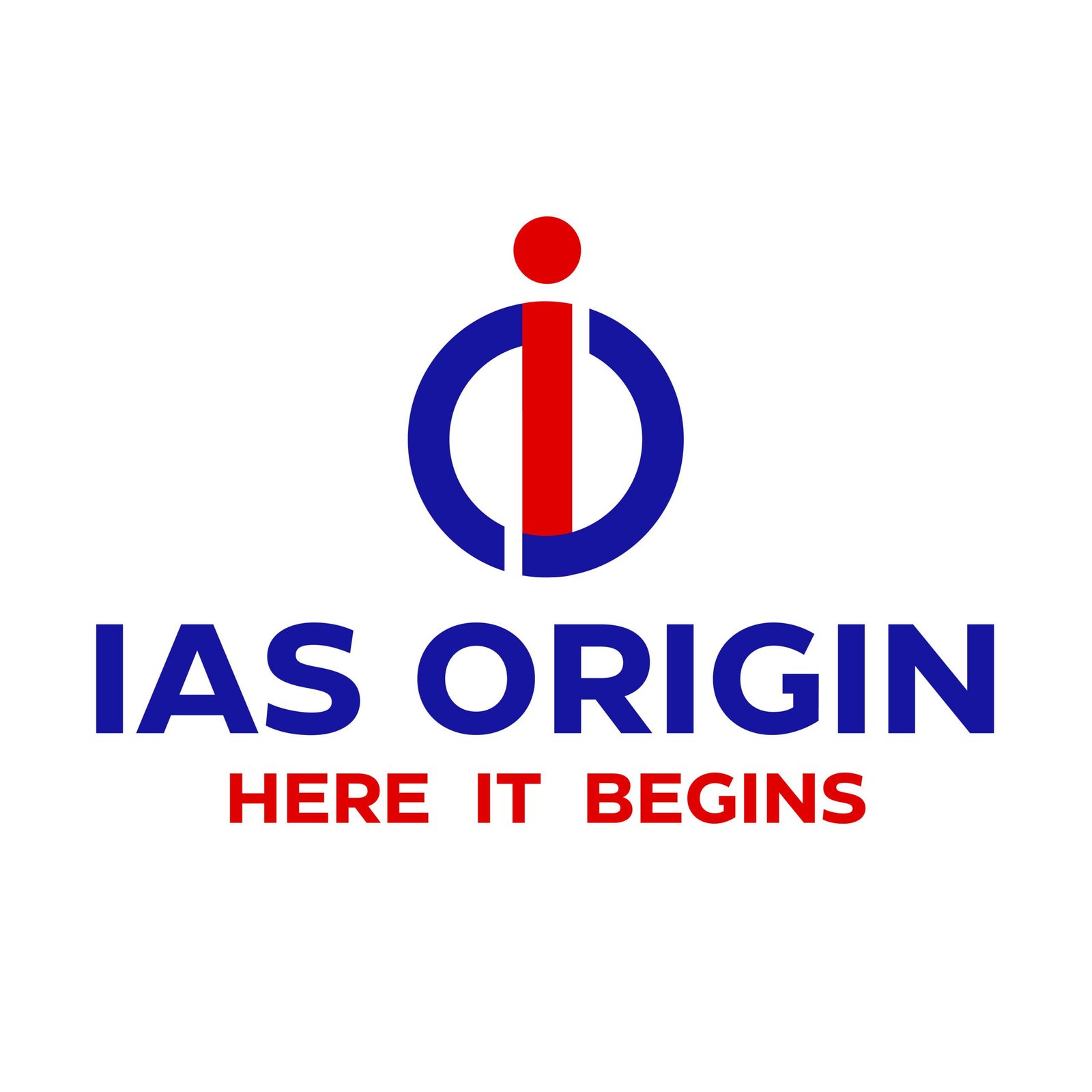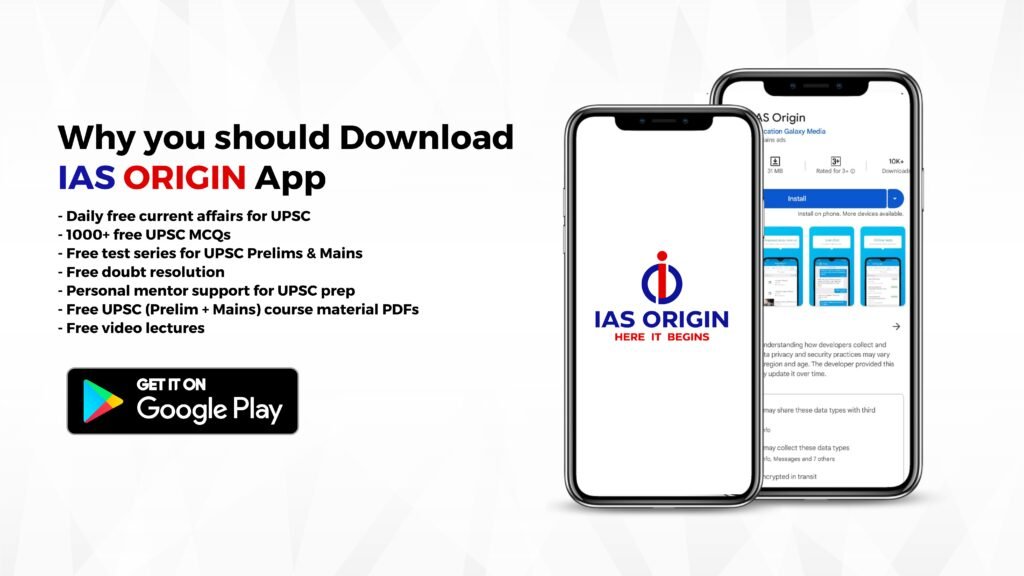SYLLABUS:
For aspirants dreaming of a career in the prestigious civil services, understanding the UPSC CSE (Union Public Service Commission Civil Services Examination) syllabus is the key to unlocking success. Knowing the syllabus holds immense importance for several reasons:
- Strategic Planning: The UPSC CSE syllabus serves as a roadmap for aspirants. It outlines the vast array of topics and subjects that need to be covered, allowing candidates to strategize their preparation effectively. With a clear understanding of what to study, candidates can allocate their time and efforts wisely, ensuring comprehensive coverage of essential subjects.
- Focused Preparation: The syllabus acts as a compass, guiding candidates towards relevant study materials and resources. It helps in avoiding unnecessary or irrelevant topics that might consume valuable study time. By adhering to the prescribed syllabus, aspirants can streamline their preparation and delve deep into core concepts.
- Complete Coverage: The UPSC CSE syllabus is designed to evaluate a candidate’s understanding of various subjects, making it crucial to cover all the essential topics. Awareness of the syllabus ensures that candidates do not overlook any crucial subject, which might lead to missed opportunities during the examination.
- Prioritization of Topics: With a vast syllabus to cover, candidates must prioritize subjects based on their weightage and relevance. Knowing the syllabus aids aspirants in identifying high-scoring areas and allocating more time to challenging topics, thereby maximizing their chances of scoring well.
- Boosting Confidence: Studying without clarity on the syllabus can lead to anxiety and uncertainty. Conversely, a comprehensive knowledge of the UPSC CSE syllabus instills confidence in candidates, reducing stress during the preparation phase and the actual examination.
- Customized Study Plans: Armed with knowledge of the syllabus, candidates can tailor their study plans according to their strengths and weaknesses. They can focus on subjects that require more attention and seek specialized guidance or coaching if needed.
- Time Management: The UPSC CSE is a time-bound examination. Being aware of the syllabus allows candidates to manage their time efficiently during the exam, ensuring that they attempt questions from all the specified topics.
In conclusion, knowing the UPSC CSE syllabus is not merely a formality but a vital step towards success in this highly competitive examination. It empowers aspirants to plan their preparation meticulously, prioritize topics wisely, and approach the exam with confidence. With a well-structured study plan based on the syllabus, candidates can pave the way for a promising career in the civil services and contribute meaningfully to the nation.
PRELIM TEST SYLLABUS
Paper I – (200 marks) Duration: Two hours
- Current events of national and international importance.
- History of India and Indian National Movement.
- Indian and World Geography-Physical, Social, Economic Geography of India and the World.
- Indian Polity and Governance-Constitution, Political System, Panchayati Raj, Public Policy, Rights
- Issues, etc. Economic and Social Development-Sustainable Development, Poverty, Inclusion, Demographics, Social
- Sector Initiatives, etc. General issues on Environmental ecology, Bio-diversity and Climate Change – that do not require subject specialization.
- General Science
Paper II-(200 marks) Duration: Two hours
- Comprehension
- Interpersonal skills including communication skills
- Logical reasoning and analytical ability
- Decision making and problem solving
- General mental ability
- Basic numeracy (numbers and their relations, orders of magnitude, etc.) (Class X level)
- Data Interpretation (charts, graphs, tables, data sufficiency etc. — Class X level)
Main Exam Syllabus
General Studies-I
Indian Heritage and Culture.History and Geography of the World and Society.
Candidates may be required to write essays on multiple topics. They will be expected to keep close to
the subject of the essay to arrange their ideas in an orderly fashion and to write concisely. Credit will
be given for effective and exact expression.
Indian Heritage and Culture .History and Geography of the World and Society.
- Indian culture will cover the salient aspects of Art Forms, literature and Architecture from ancient to modern times.
- Modern Indian history from about the middle of the eighteenth century until the present- significant events, personalities, issues.
- The Freedom Struggle — its various stages and important contributors/contributions from different parts of the country.
- Post-independence consolidation and reorganization within the country.
- History of the world will include events from 18th century such as industrial revolution, world wars , redrawal of national boundaries, colonization, decolonization, political philosophies like communism, capitalism, socialism etc.— their forms and effect on the society.
- Salient features of Indian Society, Diversity of India.
- Role of women and women’s organization, population and associated issues, poverty and developmental issues, urbanization, their problems and their remedies.
- Effects of globalization on Indian society.
- Social empowerment, communalism, regionalism & secularism.
- Salient features of world’s physical geography.
- Distribution of key natural resources across the world (including South Asia and the Indian subcontinent); factors responsible for the location of primary, secondary, and tertiary sector industries in various parts of the world (including India).
- Important Geophysical phenomena such as earthquakes, Tsunami, Volcanic activity, cyclone etc., geographical features and their location-changes in critical geographical features (including water-bodies and ice-caps) and in flora and fauna and the effects of such changes.
Governance, Constitution, Polity, Social Justice and International relations.
- Indian Constitution—historical underpinnings, evolution, features, amendments, significant provisions and basic structure.
- Functions and responsibilities of the Union and the States, issues and challenges pertaining to the federal structure, devolution of powers and finances up to local levels and challenges therein.
- Separation of powers between various organs dispute redressal mechanisms and institutions.
- Comparison of the Indian constitutional scheme with that of other countries.
- Parliament and State legislatures—structure, functioning, conduct of business, powers & privileges and issues arising out of these.
- Structure, organization and functioning of the Executive and the Judiciary—Ministries and Departments of the Government; pressure groups and formal/informal associations and their role in the Polity.
- Salient features of the Representation of People’s Act.
- Appointment to various Constitutional posts, powers, functions and responsibilities of various Constitutional Bodies.
- Statutory, regulatory and various quasi-judicial bodies.
- Government policies and interventions for development in various sectors and issues arising out of their design and implementation.
- Development processes and the development industry —the role of NGOs, SHGs, various groups and associations, donors, charities, institutional and other stakeholders.
- Welfare schemes for vulnerable sections of the population by the Centre and States and the performance of these schemes; mechanisms, laws, institutions and Bodies constituted for the protection and betterment of these vulnerable sections.
- Issues relating to development and management of Social Sector/Services relating to Health, Education, Human Resources.
- Issues relating to poverty and hunger.
- Important aspects of governance, transparency and accountability, e-governance- applications, models, successes, limitations, and potential; citizens charters, transparency & accountability and institutional and other measures.
- Role of civil services in a democracy.
- India and its neighbourhood- relations.
- Bilateral, regional and global groupings and agreements involving India and/or affecting India’s interests.
- Effect of policies and politics of developed and developing countries on India’s interests, Indian diasporas.
- Important International institutions, agencies and fora- their structure, mandate.
Technology, Economic Development, Bio diversity, Environment, Security and Disaster Management
- Indian Economy and issues relating to planning, mobilization, of resources, growth, development and employment.
- Inclusive growth and issues arising from it.
- Government Budgeting
- Major crops-cropping patterns in various parts of the country, – different types of irrigation and irrigation systems storage, transport and marketing of agricultural produce and issues and related constraints; e-technology in the aid of farmers.
- Issues related to direct and indirect farm subsidies and minimum support prices; Public Distribution System- objectives, functioning, limitations, revamping; issues of buffer stocks and food security; Technology missions; economics of animal-rearing.
- Food processing and related industries in India- scope’ and significance, location, upstream and downstream requirements, supply chain management. Land reforms in India.
- Effects of liberalization on the economy, changes in industrial policy and their effects on industrial growth.
- Infrastructure: Energy, Ports, Roads, Airports, Railways etc.
- Investment models.
- Science and Technology- developments and their applications and effects in everyday life.
- Achievements of Indians in science & technology; indigenization of technology and developing new technology.
- Awareness in the fields of IT, Space, Computers, robotics, nano-technology, bio-technology and issues relating to intellectual property rights.
- Conservation, environmental pollution and degradation, environmental impact assessment.
- Disaster and disaster management.
- Linkages between development and spread of extremism.
- Role of external state and non-state actors in creating challenges to internal security.
- Challenges to internal security through communication networks, role of media and social networking sites in internal security challenges, basics of cyber security; money-laundering and its prevention.
- Security challenges and their management in border areas – linkages of organized crime with terrorism.
- Various Security forces and agencies and their mandate.
Ethics, Integrity and Aptitude
This paper will include questions to test the candidates’ attitude and approach to issues relating to integrity, probity in public life and his problem solving approach to various issues and conflicts faced by him in dealing with society. Questions may utilise the case study approach to determine these aspects. The following broad areas will be covered:
- Ethics and Human Interface: Essence, determinants and consequences of Ethics in-human actions dimensions of ethics; ethics – in private and public relationships.
- Human Values – lessons from the lives and teachings of great leaders, reformers and administrators; role of family society and educational institutions in inculcating values.
- Attitude: content, structure, function; its influence and relation with thought and behaviour; moral and political attitudes; social influence and persuasion.
- Aptitude and foundational values for Civil Service, integrity, impartiality and non-partisanship, objectivity, dedication to public service, empathy, tolerance and compassion towards the weaker-sections.
- Emotional intelligence-concepts, and their utilities and application in administration and governance.
- Contributions of moral thinkers and philosophers from India and world.
- Public/Civil service values and Ethics in Public administration: Status and problems; ethical concerns and dilemmas in government and private institutions; laws, rules, regulations and conscience as sources of ethical guidance; accountability and ethical governance; strengthening of ethical and moral values in governance; ethical issues in international relations and funding; corporate governance.
- Probity in Governance: Concept of public service; Philosophical basis of governance and probity; Information sharing and transparency in government, Right to Information, Codes of Ethics, Codes of Conduct, Citizen’s Charters, Work culture, Quality of service delivery, Utilization of public funds, challenges of corruption.
- Case Studies on above issues.

